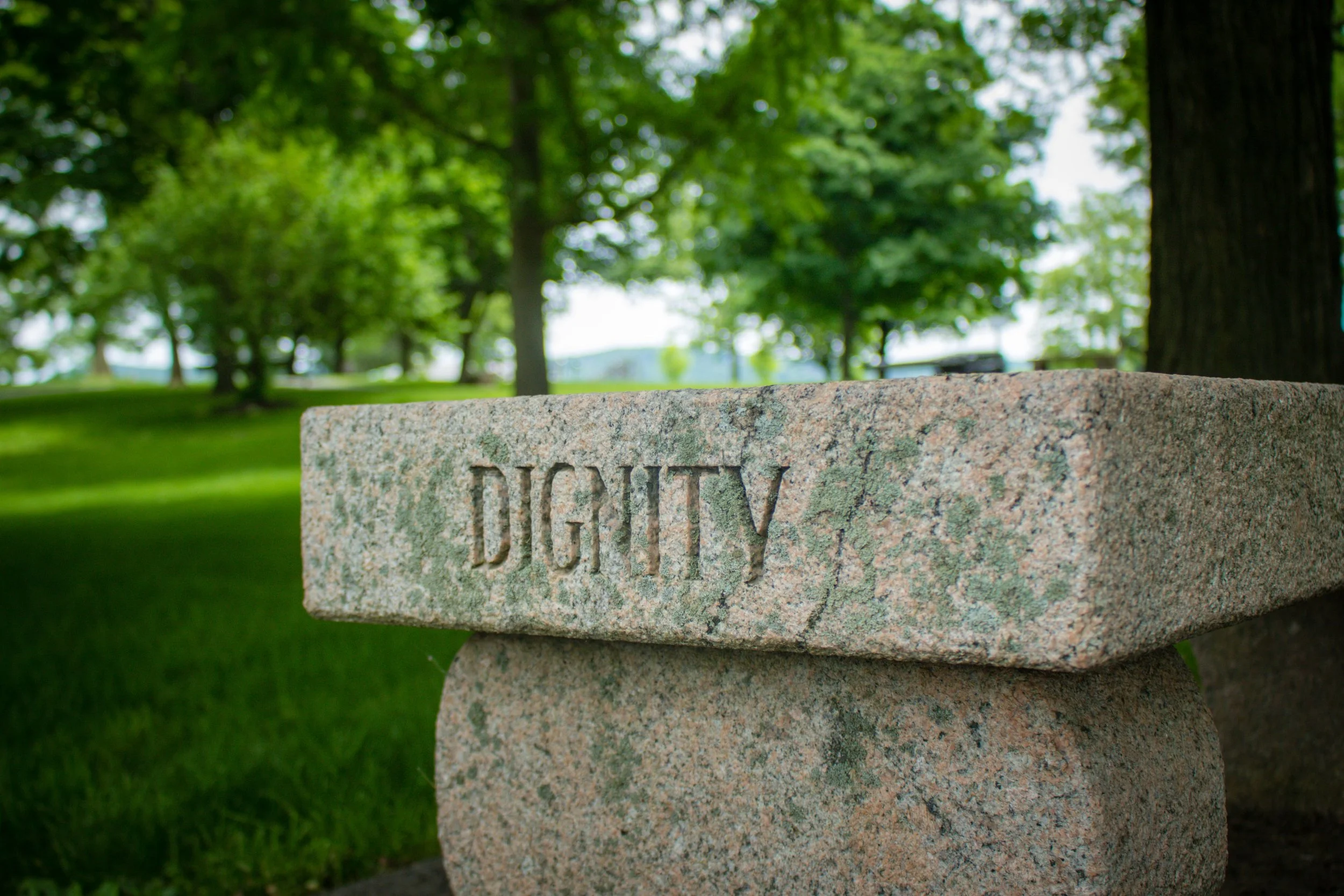The progressive nature of Alzheimer's and dementia poses unique challenges in elderly care. To cater to the evolving needs of residents grappling with these conditions, creating a specialized memory care program becomes paramount. Such programs not only provide the needed assistance but also foster an environment where residents can experience moments of clarity, joy, and connection. This article will guide you through the vital components and best practices in developing an effective memory care program.
Our goal is to help make your job a little bit easier by providing the exact assistance you need.




















